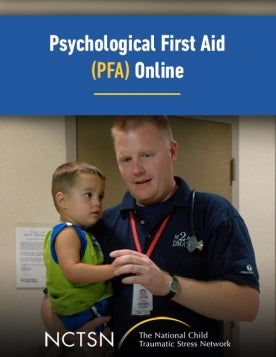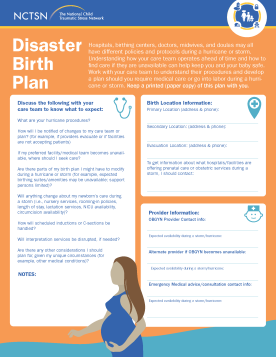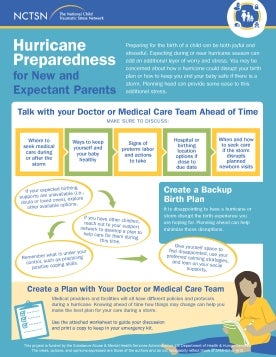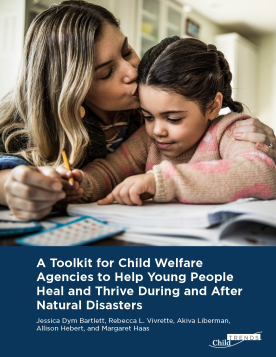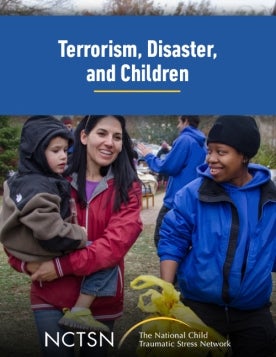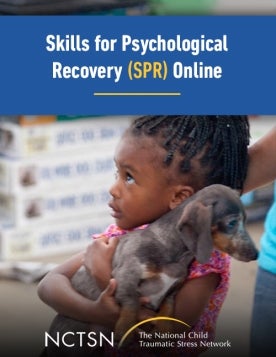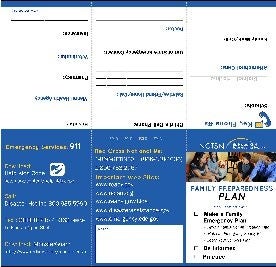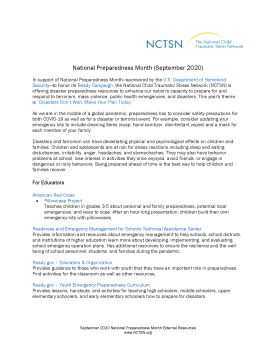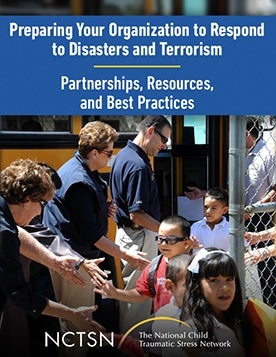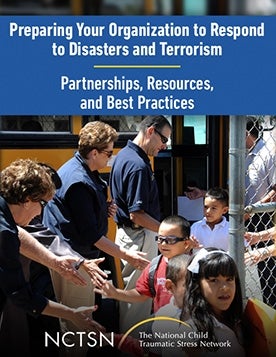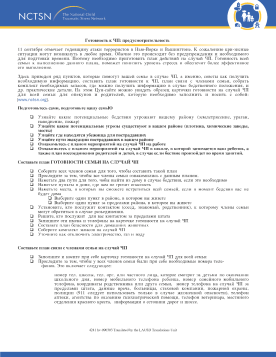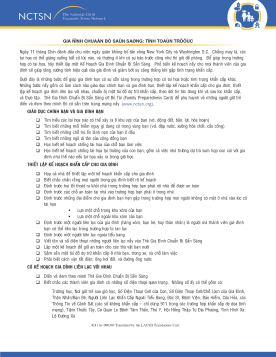September was first declared as National Preparedness Month in 2004. Since then, September has been a time to acknowledge the importance, and take steps to prepare for emergencies in our homes, businesses, schools, and communities.
Disasters, violence, and terrorism can have devastating physical and psychological effects on children and families. Children and adolescents are at risk for stress reactions including sleep and eating disturbances, irritability, anger, headaches, and stomachaches. They may also have behavior problems at school, lose interest in activities they once enjoyed, avoid friends, or engage in dangerous or risky behaviors. To significantly improve the emotional well-being of children and families after a disaster, many strategies can be put in place beforehand. Being prepared for terrorism and disasters reduces anxiety, and promotes confidence and resilience in children and families.
The National Child Traumatic Stress Network (NCTSN) has compiled a list of helpful resources for parents and caregivers, children and teens, mental health providers, first responders, educators and school staff, and policy makers.
